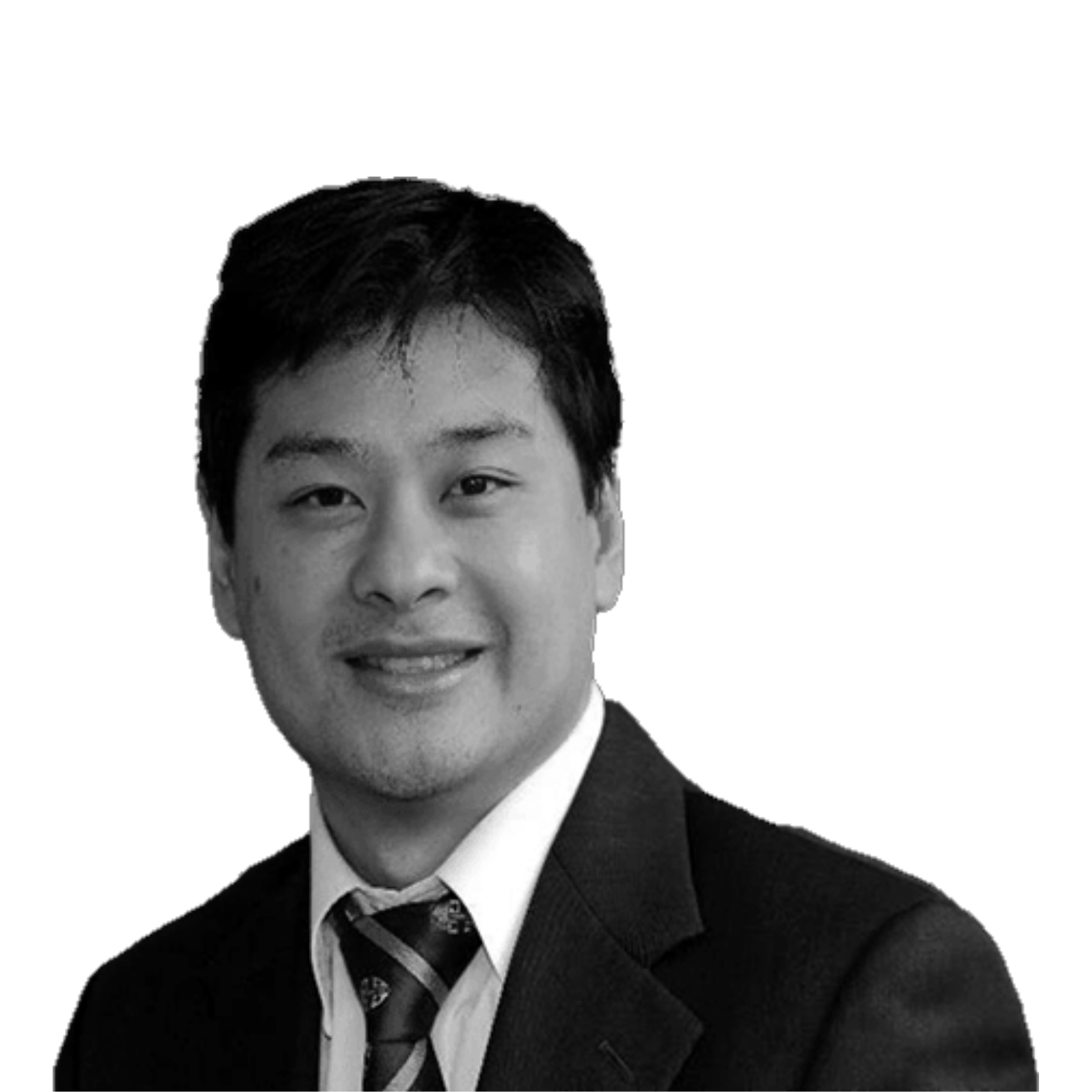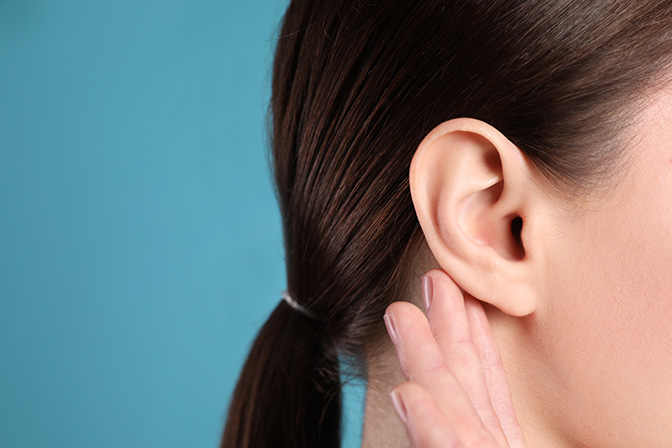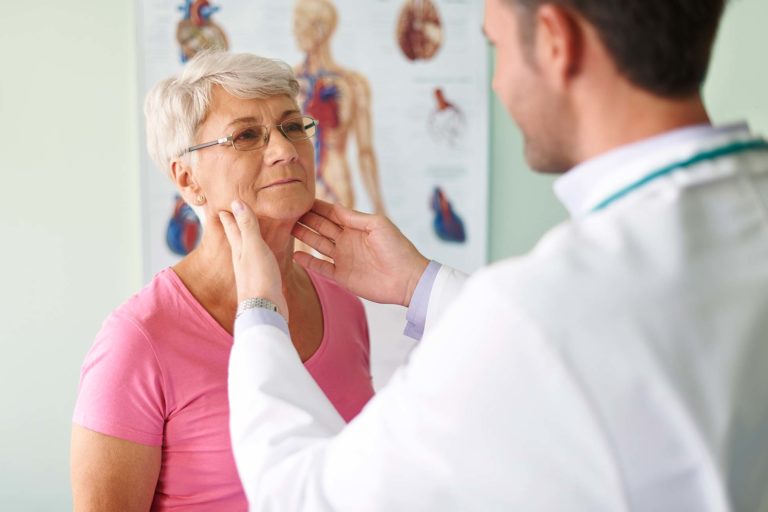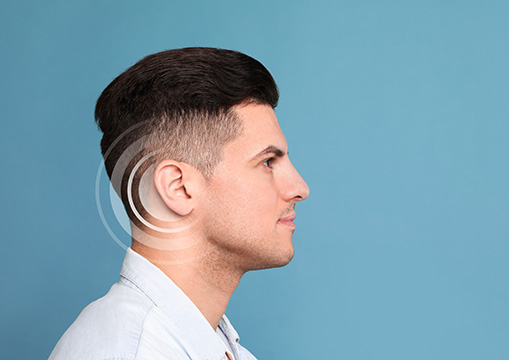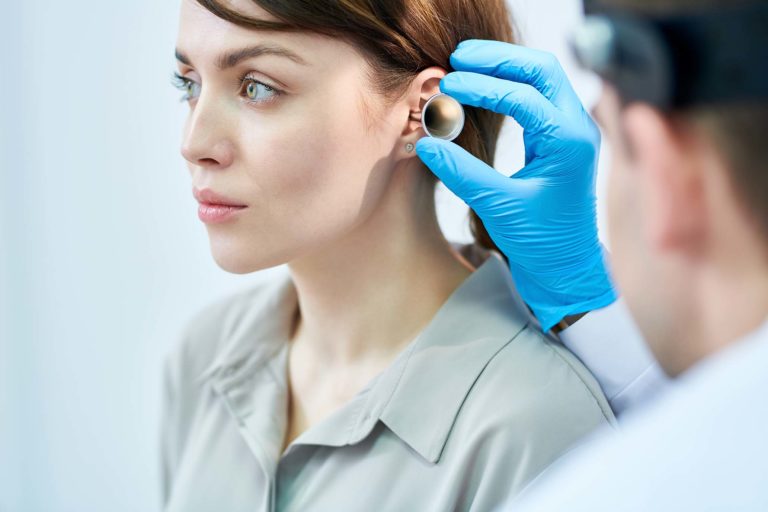Dr Ronald Chin’s Explanation of the House-Brackmann Facial Nerve Grading System
Dr Ronald Chin’s Explanation of the House-Brackmann Facial Nerve Grading System
The system consists of six grades: Normal, Mild dysfunction, Moderate dysfunction, Moderately severe dysfunction, Severe dysfunction, and Total paralysis. These grades help evaluate the overall condition of the facial nerve.
To determine the grade, you have to judge three factors: gross functions, resting appearance, and dynamic appearance. Gross functions refer to the ability to perform everyday facial movements, such as closing the eyes, smiling, or raising the eyebrows. Resting appearance refers to the face at rest, assessing any asymmetry or drooping. Dynamic appearance refers to the facial movements made while performing specific actions.
By observing these factors, you can assess the degree of dysfunction in the facial nerve and assign an appropriate grade.
Glue ear, after draining the ear drum
Glue ear, intact ear drum
- About the Author
- Latest Posts
Dr Ronald Chin is an Australian trained Otolaryngologist Head and Neck Surgeon.
After graduating as a Fellow of the Royal Australasian College of Surgeons, Dr Chin undertook further specialised training in Head and Neck Cancer at the Royal College of Surgeons in Ireland.
He has published many research papers and is an active teacher and scholar.
As part of his subspecialty training, Dr Chin has training in Laser, Da Vinci Robotic, Flex Robotic and complex surgical techniques.
In addition to specialised Head and Neck Cancer, Dr Chin also enjoys general adult and paediatric ENT Surgery and practices sinus, snoring/sleep and general paediatric ENT Surgical procedures.
Dr Ronald Chin works as a general Otolaryngologist, offering a wide range of surgical and non-surgical treatments including ear surgery, nose surgery and throat surgery. He provides treatment for chronic conditions such as tonsillitis, sinus problems and problems with hearing.
He is also involved in the diagnosis and treatment of many conditions such as facial paralysis, head and neck cancer and sleep apnea. As well as performing surgery on children, he also provides specialist care for adults, including the treatment of throat disorders, voice loss and ear problems.
Dr Chin has also served as a Conjoint Associate Professor at the University of Sydney, a Conjoint Associate Professor at Western Sydney University and an Adjunct Associate Professor at the University of Technology Sydney.


